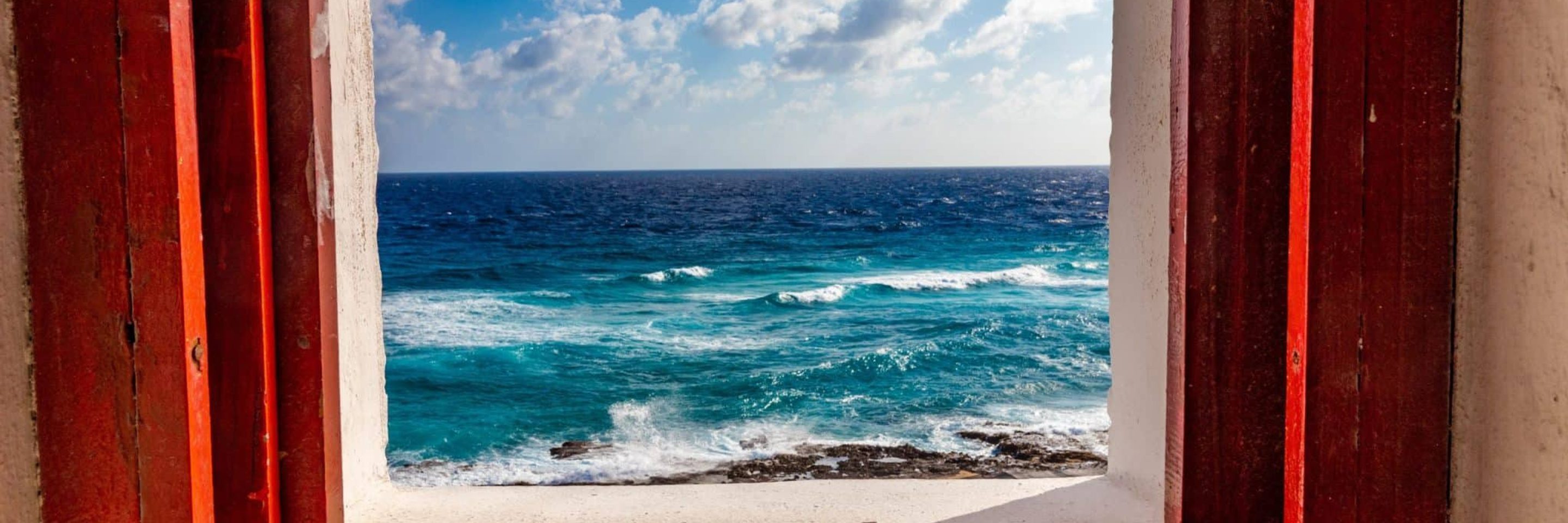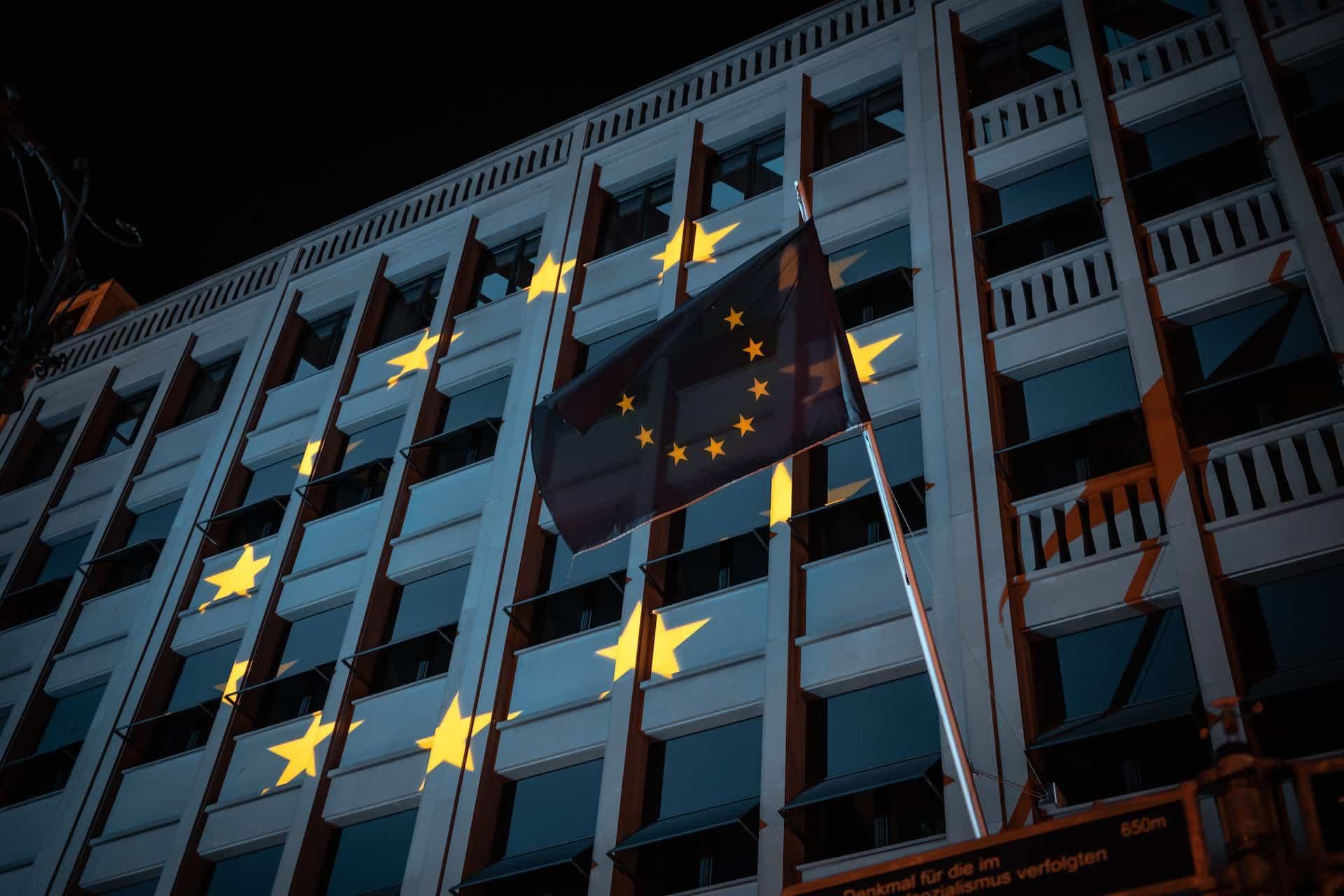
A decision to keep borders open during the pandemic was fraught with risk — but the sixth most visited country needed this important sector. Baker Tilly analyses the Mexican tourism model.
The sudden cessation of international travel in 2020 created an unimaginable scenario for businesses that relied on travel and tourism.
Isolated incidents and disruptions to travel are a common occurrence — from natural disasters such as volcano eruptions that disrupt flights to industrial action that keeps flights on the ground.
In the normal course of business, airlines and tourism-related operations manage these as short-term issues and quickly scale back to full capacity once is the problem is resolved.
But a situation where all travel halted around the world, all at once, and for months on end, was beyond any worst-case scenario envisioned. The United Nations World Tourism Organization (UNWTO) reported the sector retreated 30 years back to 1990-levels of arrivals.
Now, into the grim third year of the pandemic, travel restrictions have largely lifted across the world, but operators face a recovery that will be painful with plenty of false starts.
Airlines, having just started scaling up services, are now cutting them back with the COVID-19 Omicron variant striking pilots and crews, as well as sapping confidence among travellers, which will have a flow-on impact to the wider tourism sector.
The one positive after almost two years of the pandemic remains the future desire to resume travel, according to data from the UNWTO.
Its travel sentiment indicator, which tracks the tone of online conversations, shows that in October and November 2021, there was growing positive sentiment across most regions.
The exception was Africa, which after a strong October plummeted into negative territory in November amid the discovery of the Omicron variant that led to countries reinstating travel bans from several southern African nations.
Data from the International Air Transport Association showed total demand for air travel in November 2021 was down 47.0% compared to November 2019 — terrible but not quite as bad as October’s 48.9% contraction on October 2019.
Among the world’s top 10 travel destinations, positive sentiments were strongest about Italy, the United States, Thailand, and Mexico.
But when it comes to translating sentiments to hotel bookings, no nation has been able to approach Mexico in the past 12 months.
Tourism warm amid global freeze
In a world where countries were quick to drop the portcullis to keep visitors out to limit the spread of COVID-19, Mexico threw open the castle gates.
Visitors were not required to quarantine and there was no demand to submit negative test results prior to arriving.
Tourism was worth 10.4% of Mexico’s GDP prior to the pandemic and provided more than 4 million jobs. Manuel Aguilar, Managing Partner at Baker Tilly Mexico, says that the Government was determined to keep its borders open to travellers.
“Mexico had a change of government back in late 2018 and the government in Mexico has been trying to avoid harming the economy, and it is one of the very few countries that didn’t impose restrictions for arrivals of any kind,” Mr Aguilar said.
Mexico’s decision to keep the borders open was fraught with risk — but as the sixth most visited country in the world it was reluctant to undermine this important sector. So did it work?
At first, it seemed Mexico would take as much of a hit as anywhere. A sector that attracted about US$25 billion in 2019 accumulated less than half that amount in the first year of the pandemic.
But in 2021, the decision started to pay economic dividends.
“Hotel bookings and flights until November and December were very busy, there was no availability two months out from Christmas in the Riviera Nayarit.”
– Manuel Aguilar
Mexico’s hotel searches across the whole of 2021 recovered to be higher than they were in 2019 according to UNWTO, while bookings were just one per cent lower than pre-pandemic.
Remarkably, September 2021 saw 93% growth in Mexico’s hotel bookings compared to the same month in 2019. The next best performing country in the top 10 destinations was Turkey, with bookings 15% lower than September 2019.
Now, Mexico is reportedly the second most popular location in the world — a sharp rise up the tourism leader board — as a result of its open-door policy.
“In terms of booking and occupancy, 2021 saw a good recovery for Mexico,” Mr Aguilar says.
“Hotel bookings and flights until November and December were very busy, there was no availability two months out from Christmas in the Riviera Nayarit.”
Undoubtedly helping to spur this growth were accommodation bookings taken for the Mexico City Formula 1 Grand Prix, which was held in November.
“Not only was Mexico City able to gather more than 350,000 people into three days of attendance but the week leading up, with the travel, restaurants and other spending benefiting hospitality and tourism businesses immensely,” Mr Aguilar says.
Baker Tilly Mexico advised hospitality clients in the lead up to and during the Grand Prix, and Mr Aguilar said while safety protocols were strictly enforced, visitors were also made to feel welcome.
“There was a mandatory use of masks in all places, and they were very well enforced by security,” he says.
“There were certain routines that changed compared to the previous race in 2019, and the time of operations also changed.
“In general, it was as enjoyable as the last one. The only additional things were the use of masks and other measures put in place for getting into the actual event, including a preferred entrance for people with vaccination certificates.
“But everything worked well, it was automated, people got the vaccination certificate through an app and it was a very good way of managing things.”
Benefits to real estate, M&A
Mexico’s attraction as a short stay destination is now starting to turn into something more substantial, with holiday makers becoming investors in the real estate market.
Empowered by the new era of remote work, Americans and Canadians are heading south not just to play but to base themselves for several months of the year.
“A lot of US citizens and Canadians have been living in Mexican cities and staying long-term there. This is a new thing that we have not seen in the past,” Mr Aguilar says.
“A lot of US citizens and Canadians have been living in Mexican cities and staying long-term there. This is a new thing that we have not seen in the past.”
“You can see a lot of new real estate developments including short-term and long-term rentals or long-term condos in properties.
“Now that people tend to stay longer in several places, real estate is mutating into a hybrid between hotel and condo, where you can find comfort and space and hospitality services like in a hotel but having permanent ownership on a residence.
“That trend has been developing mostly in the Mayan Riviera around Tulum, and in the Nayarit Riviera in the Pacific as well.
“People have found they can work or stay for a long time outside of their home city, living with another lifestyle, and developments are booming — tall buildings near the big cities, country homes, a lot of different housing styles.
“A second home for summer or vacations is going to be more in demand because of this new reality.”
The domestic M&A scene among hospitality-related businesses has also been gathering strength in recent months, as companies that have rebounded well in 2021 drive the sector’s consolidation.
“Companies that focused on taking care of their finance, their cash flow, are now doing well,” he says.
“They are now in a position for purchasing groups or properties at bargain prices or expanding their operation at discount.”
Staying ahead of the curve
But just as the virus continues to change, new variants have the potential to alter the fragile recovery for Mexico.
Omicron is soaring, with confirmed cases rising to more than 30,000 a day, about twice previous peaks. While the country’s national borders are open, individual states operate on a traffic light system, and some have limited activities for tourists as the wave
The national carrier, Aeroméxico, has been forced to cancel about 30% of its flights recently because positive tests among pilots and crews left too few people to operate them.
COVID-19 infections in Mexico have risen 644% since the start of 2022, although reported deaths and hospitalisations remain well below the peaks of August 2021.
“That has probably been the heaviest hit for the high season in Mexico,” Mr Aguilar says.
“But January and February are normally slow in Mexico for tourism so the impact wasn’t as severe as it could have been.”
Still, the groundwork laid during 2021, including the hosting of big events such as the Formula 1, leaves Mexico ahead of the curve in the tourism restart.
“There are factors that are simultaneously making this happen: the desire for people to travel again, the North American market being willing to travel, the openness of Mexico, and the very low or non-existent restrictions to get here,” he says.
“That combination made for a very good recovery for the country in terms of tourism last year, and this Omicron bump aside, we expect that expansion will continue during this year.”









